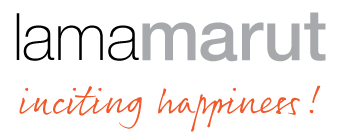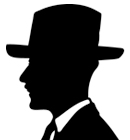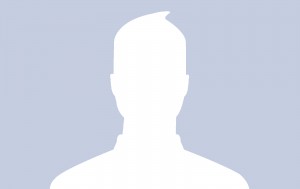 Perhaps the biggest question of life is this: Who am I?
Perhaps the biggest question of life is this: Who am I?
We think we know who we are; we all have a strong sense that there’s somebody in there. But when try to put our finger on that somebody, the self turns out to be very elusive indeed.
We often simply identify with the roles we play: “I am a doctor, lawyer, teacher, plumber, etc.†“I am a husband, wife, father, mother, son or daughter.†Or we identify with our race, ethnicity, nationality, or religion. But who is it that is playing these multiple and changing roles?
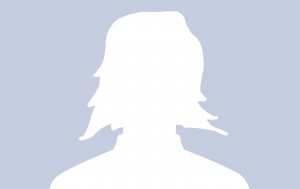 We identify with our bodies (“I am sixty-one years oldâ€; “I am six feet, two inches tallâ€) and with our minds (“I am happy, depressed, angry, satisfied, jealousâ€). But if the “I†is the body and mind, how can it be unchanging and singular? The mind-body complex is made up of many different parts, all of which are constantly in flux.
We identify with our bodies (“I am sixty-one years oldâ€; “I am six feet, two inches tallâ€) and with our minds (“I am happy, depressed, angry, satisfied, jealousâ€). But if the “I†is the body and mind, how can it be unchanging and singular? The mind-body complex is made up of many different parts, all of which are constantly in flux.
And if we are not identified with the body and mind and are therefore somehow separable from them (an “I†that has or possesses a body and mind), who (or more pointedly, where) would that “I†be?
We also like to think that the self is a kind of master or agent who gives commands both to the body and mind and to life itself. But that self also is just an illusion. Although we go through life trying to conform it to our will, there is plenty of evidence that the master self is just, like the Wizard of Oz, just a humbug.
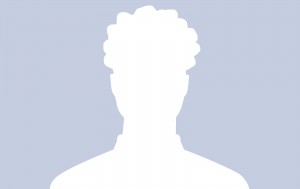 So who am I? At one level, the self is just a name we place on a constantly changing mental and physical process. We don’t have a self, but we certainly have a self-conception. And since self-conceptions change, we can improve the only self we actually do have.
So who am I? At one level, the self is just a name we place on a constantly changing mental and physical process. We don’t have a self, but we certainly have a self-conception. And since self-conceptions change, we can improve the only self we actually do have.
>> Download the mp3 here
>> Click here to subscribe to the podcast series with iTunes

